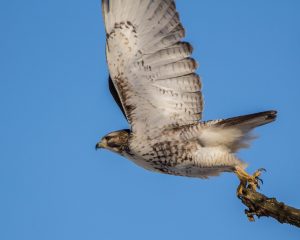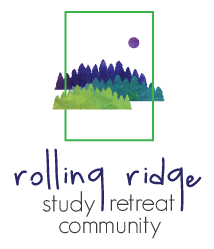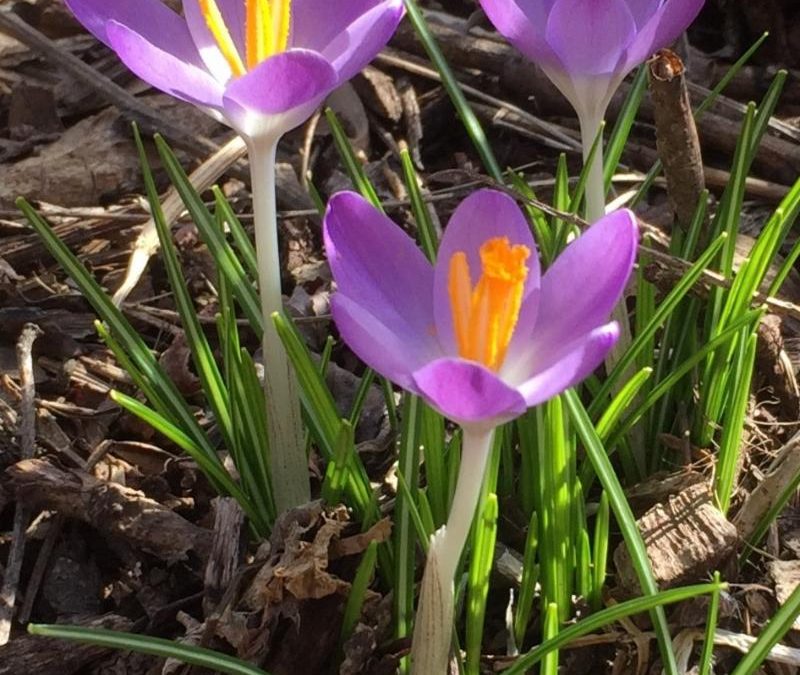Photo by Linda DeGraf
The vernal equinox is a handful of days away, announcing the astronomical beginning of spring. On a morning last week, as dawn chased the darkness from the forest’s edge, the moon was a glowing, golden plate resting on the western horizon. Tiny purple crocuses peeked up through pale brown grasses. Bright daffodils nodded on slender stems. Lacy green fronds adorned the old willow stump. On the edge of winter and spring, the moon, stars, and sun grandly and reliably spun a new day. The land offered delicate, deliberate promise of renewal and returning life.
But we know that around and just beyond this idyll, a maelstrom whirls at speed, carrying all manner of things ill and fearful. The virus raging through global humanity is a visceral, microbial emblem of a planet and a world profoundly undone.
“To be alive at this time,” says Michael Meade in a recent email, “means to be caught in the great unraveling that strands us near all the loose threads of creation…”
Mary Evelyn Tucker writes, “…we feel in our bones some kind of unspeakable angst that will not leave us in the depths of night or even at daybreak when the birds greet the sunlight again…”
I wonder if it is the moment to dig for hope at great depth, in the ground, in the bowels of what we know. Ancient wisdom from every spiritual tradition beckons us to kneel down in the dark hummus and dig with open hands. Who knows what is to be found there?
It is the peculiar darkness of the state of things now that the comforting habits of human society are forbidden to us. Being mindful to keep our hands and homes clean, standing at a distance, bowing, waving from windows–these are the gestures of love, care, and communion left to us in the current era.
In recent days a poem by a Unitarian-Universalist minister and writer, Lynn Ungar, has made its way like a flash of light around the world web “Pandemic” has these lines:
…when your body has become still,
reach out your heart.
Know that we are connected
in ways that are terrifying and beautiful.
(You could hardly deny it now.)
Know that our lives
are in one another’s hands.
(Surely, that has come clear.)
In the grimy morass of our present dilemma, amid the dis-ease and wrenching separation, lies the buried treasure of our belonging: our deepest passion.
“Hope,” says another poet (Jane Hirshfield), “is the hardest love we carry.”
While we descend on down through uncharted territory, just a breath away spring unfolds. Earth, as she does, begins again.

Photo by Josh Houck
In the full light of morning, two hawks are resting on the still-bare branches of the old oak, high up against the azure sky. From their lofty perspective they behold with penetrating sight the eternal patterns below: the flat, brown grasses, the tender shoots rising. Hope.

